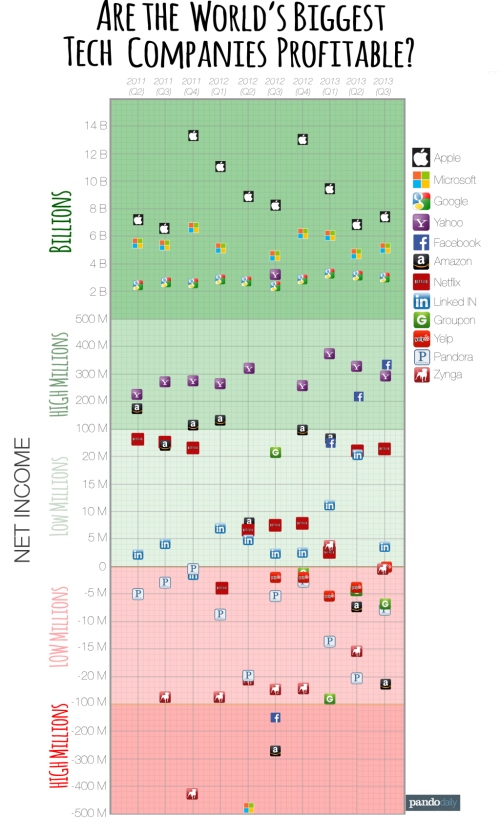How to Get Lucky

Last month, Howard Marks of Oaktree Capital gave Jack Dorsey a good load of crap for claiming that there was no luck involved in his path to success.
Success is never accidental. No accidents, just planning; no luck, only strategy; no randomness, just perfect logic. –@jack
Marks points out that Dorsey would have been unlikely to found Twitter had he been born in Bangladesh. But clearly it was Jack’s awesome strategic planning skills that arranged for him to be born in the United States.
Aside from the circumstances of birth, there is an easy test to determine if success in an activity should be attributed to luck or skill: Ask if you can lose on purpose. If you can lose on purpose, then there is skill involved [1]. It would be hard to intentionally lose at a craps table (betting strategy notwithstanding).
Can a person intentionally fail at building a billion-dollar company? Of course. And that is because luck is a skill.
Given the role that luck plays in startup success, it should be considered the most formidable skill of all. Here’s how to improve on it [2]:
-
1. Maximize Your Chance Opportunities. Be open to diverse people and experiences. Your lucky break isn’t going to find you in your cubicle.
2. Listen to Your Intuition. It’s usually right, and shortens your deliberation time.
3. Expect Good Fortune. Having positive expectations makes you attempt more things and persevere more. And if you act positively, the world reacts positively. That’s one of Newton’s laws.
4. Turn Your Bad Luck Into Good. Because luck is a skill, any bad luck that arises is a result of something you did. Learn from it and move on. Time spent feeling bad is time spent being unlucky.
Just like Jack Dorsey, I had the incredible foresight to be born in the United States. That makes me luckier than 98% of the other humans on the planet. I managed to not come out mentally retarded or disfigured. Not excessively so, anyway. I think that puts me in the top 1%. This is a very good bet.
I am also clearly very stupid, so it is another testament to my luck that I haven’t ended up dead. I’ll list this alongside my credentials in the team’s executive summary.
What am I doing sitting at home writing code, anyway? I should go to Vegas and get lucky.
1. Michael Mauboussin. The Success Equation: Untangling Skill and Luck in Business, Sports, and Investing. 2012.
2. Richard Wiseman. The Luck Factor. 2004.




